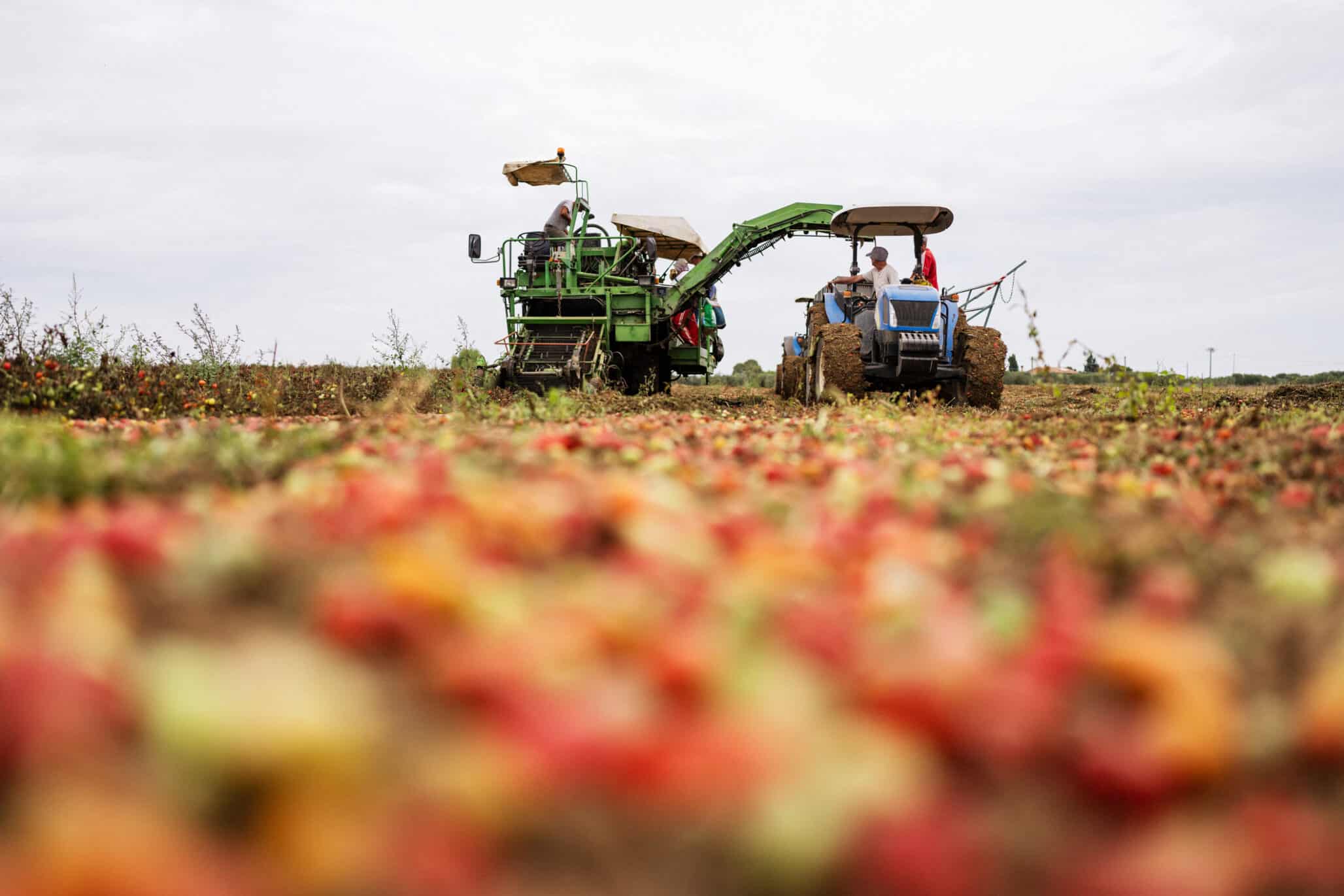Representatives of the Italian agri-food supply chain have called on institutions to create an investment program to enhance field experimentation, raise public awareness of the benefits of TEA, and strengthen the interministerial unit tasked with discussing the proposed EU Regulation. (Note: TEA is Tecniche di Evoluzione Assistita [Assisted Evolution Techniques], which refers to new plant breeding techniques [NPBTs] such as gene editing).
These key requests are outlined in the Manifesto for the Promotion of TEA to Support Made in Italy, promoted by Assosementi. The document was signed Jan. 30 at Fieragricola TECH by Coldiretti, Confagricoltura, Cia-Agricoltori Italiani, Copagri, Confcooperative Fedagripesca, Legacoop Agroalimentare, Federchimica Assobiotec, and Cibo per la Mente.
Through the Manifesto, the associations advocate for the creation of an Interministerial Committee to secure approval of the proposed EU Regulation on TEA and the formation of a permanent platform to bring together supply chain stakeholders and relevant Ministries. They also emphasize the need for an institutional campaign to raise public awareness about the significance of these tools and propose the establishment of a network of public and private research centers to enhance scientific progress. Lastly, they call for the creation of a fund to support both basic and applied research in the field of TEA.
“The signatures of many associations to our Manifesto are further confirmation of the unity of the Italian agri-food supply chain on the theme of TEA,” said Eugenio Tassinari, president of Assosementi.
“The sector is compact in stating that these instruments represent a pressing necessity to go in the direction of more sustainable production both from the economic point of view and from the point of view of environmental protection. Today we have demonstrated the unity of all operators towards these tools and, compactly, we have asked our institutions to continue to help us in this path shared by all”.
Sen. Luca De Carlo, president of the Senate Agriculture Commission, speaking at the event, stated the Manifesto is an absolutely acceptable document and he is convinced of the goodness of research, which has become a mantra in these two years of government. “To face the new challenges, including climate change, it is essential to rely on innovation, a factor common to all the realities that have signed the Manifesto and that are leading actors in Italian agriculture”.
Giuseppe Carli, vice president of Assosementi started that Italy and Europe have lost millions of euros due to crops destroyed by climate change and consumers are paying out of their own pocket for the increase in food prices.
“Also, for this reason we ask to have access to this innovation, which will allow us to achieve extraordinary results in significantly less time than what is needed today,” Carli said. “We are moderately in favour of the Polish proposal, but we suggest an alternative approach that does not involve excessive administrative burdens or restrictions for farmers (opt-out). Denying access to innovations to farmers in some Member States, as could happen with the opt-out for patent-protected TEA varieties, would not solve the potential socio-economic impacts”.
Mario Pezzotti, Professor of Plant Genetics at the University of Verona, summarized: “TEA plants are not GMOs and are neither a mirage nor a nightmare, they are the result of modern knowledge of the structure and function of genes and plant genomes. The function and role of genes in the plant can be studied in the laboratory and in confined environments, while a true phenotypic evaluation, that is, the study of the interaction of the TEA plant with the environment, must be done in the open field. We hope that European law will soon be updated and can better accompany technological innovation. Research and technological innovation are the keystone of modern agriculture: respectful of biodiversity, environmentally and economically sustainable, perfectly integrated and respectful of the social and historical values of the territories that practice it.”











